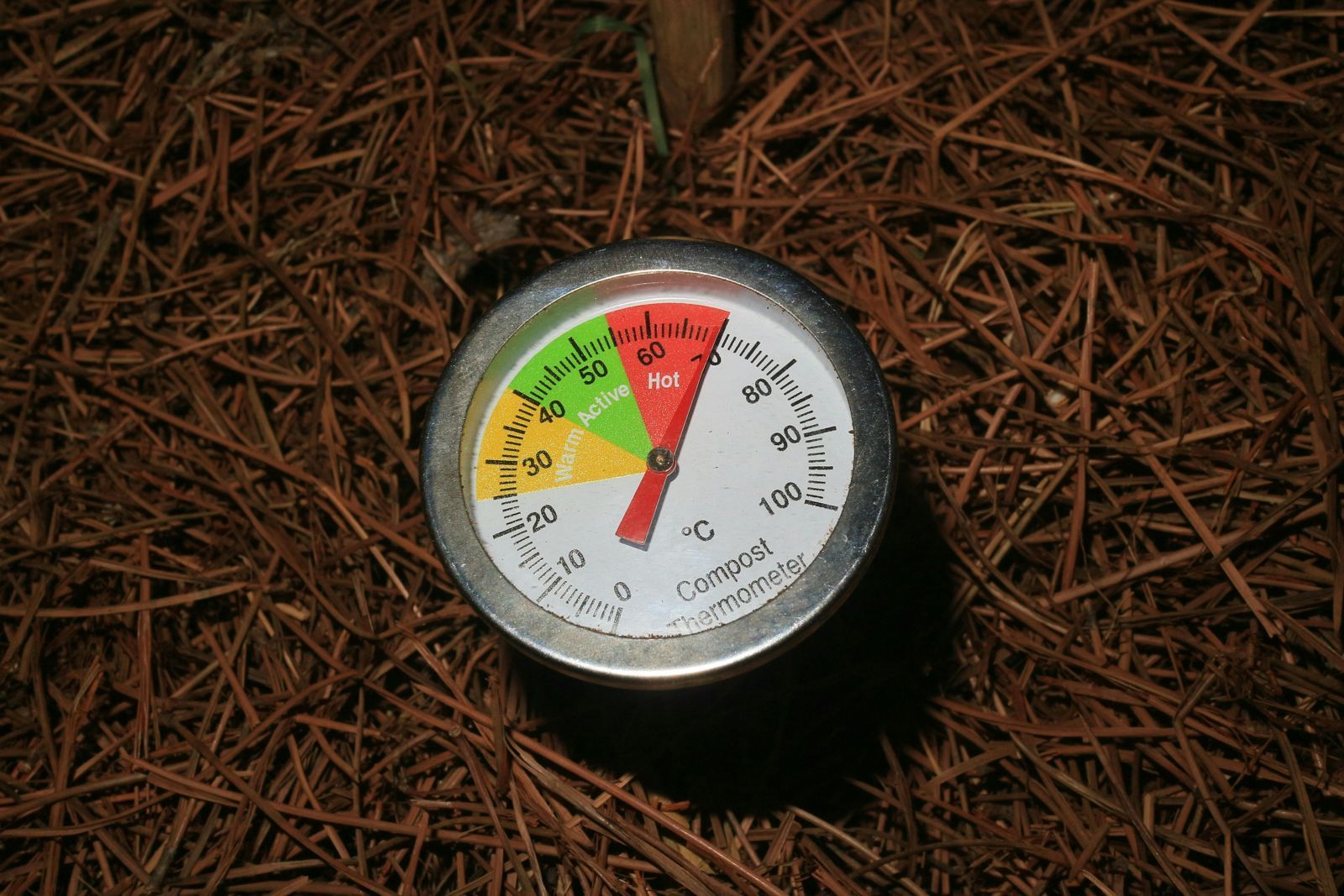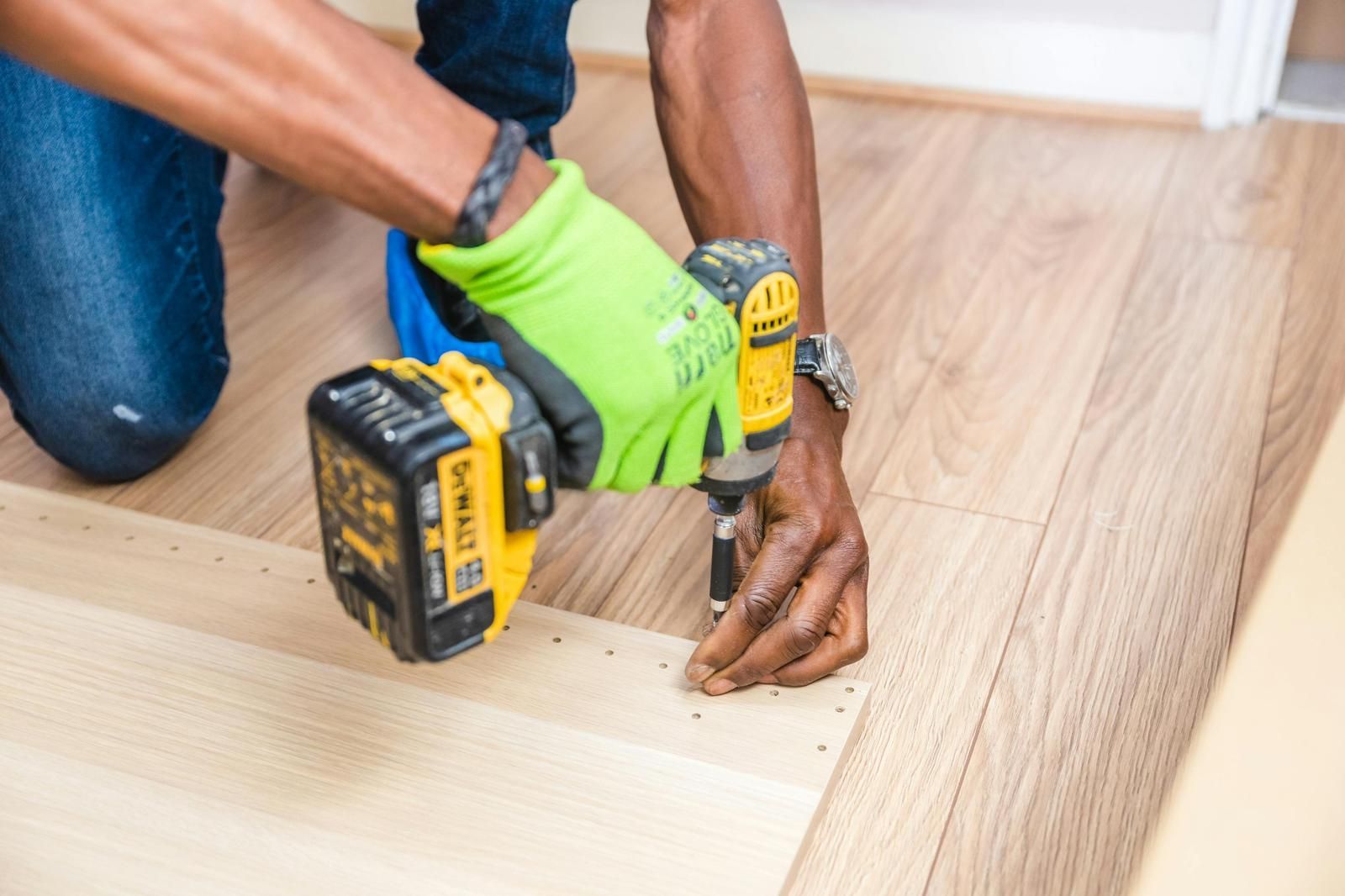Benefits Of Using An Air Source Heat Pump In Schools

Schools are becoming increasingly
conscious of their carbon
footprint, searching to
increase their energy
efficiency in order to build a
greener future. Due to this, more schools are turning towards air source
heat pumps, an energy efficient
heating and
cooling solution. Air source heat pumps are a great alternative due to the
numerous benefits they provide for schools looking to
save money and become more environmentally
friendly.
Energy Efficiency
The first
major selling point of an air source heat pump is their energy
efficiency. These systems work by
collecting heat from the outside
air and
transferring it inside to heat the building, which is far
more energy efficient than traditional systems that require the
burning of fossil fuels. Utilising air source heat pumps in an educational institution will not only
cut down on costs, but also their carbon
footprint.
Cost Savings
Energy efficiency is not the only
advantage of air source heat pumps, they also result in a huge
reduction in energy bills. If schools reduce their energy expenditure, they can free up more money for other
vital educational endeavours. As well as this, many air source heat pumps are
eligible for government
incentives and rebates, making them an even more
affordable option for schools.
Environmental Benefits
Air source heat pumps employ
renewable energy sources, therefore schools can achieve a huge cut on greenhouse gas
emissions, helping them achieve their
sustainability goals, as well as teaching students the
importance of
environmental protection.
Improved Comfort
These systems are able to maintain equal temperatures throughout the building, eliminating hot and cold zones, therefore creating a more comfortable environment for teaching and learning. Not only this, air source heat pumps also improve the indoor air quality by reducing dust and other pollutants, resulting in a healthier environment for everyone.
In conclusion, air source heat pumps and boilers both have their own advantages and disadvantages. Air source heat pumps are more energy efficient and less harmful to the environment than boilers, however they are more expensive to install. In order to decide which heating system is best suited to your home, you should determine your own unique requirements and preferences. We do recommend speaking to a professional, they are able to help you make the best decision regarding your home's needs.
You might also like











